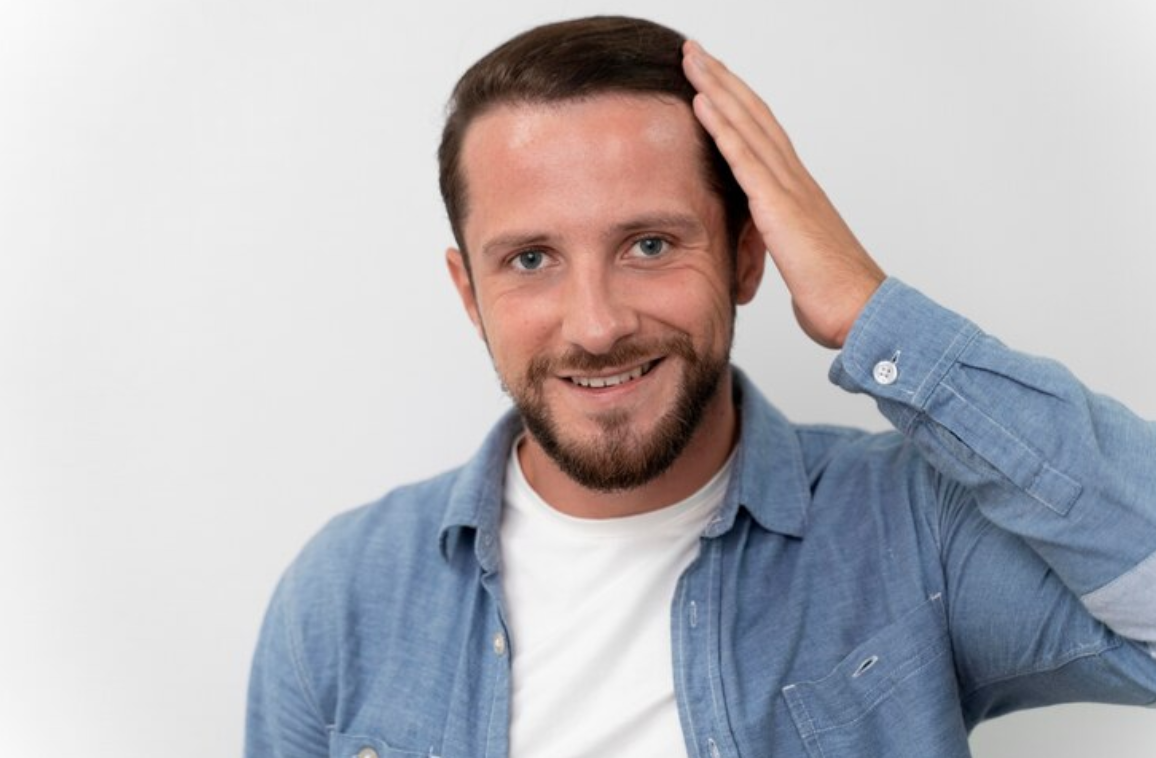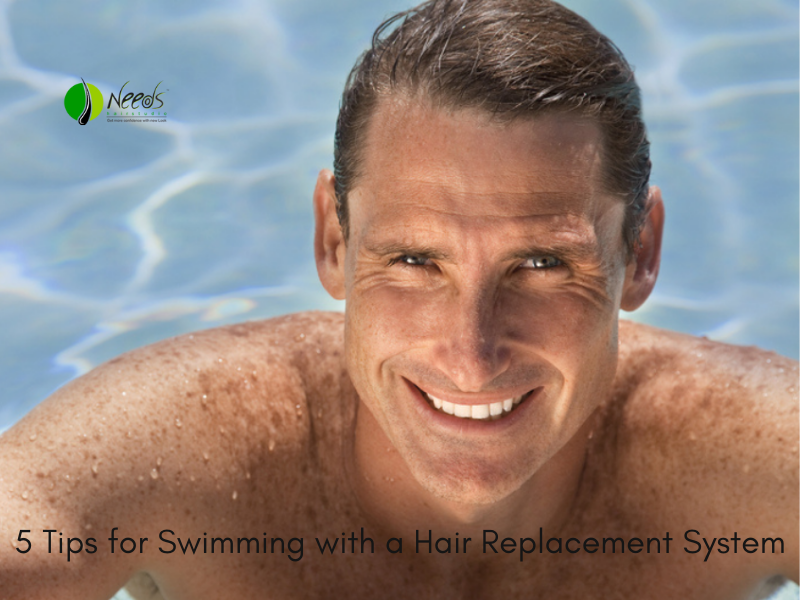Hair loss can be treated in several ways, and a hair transplant is also a good option for more hair. Bald people go in for treatment in different forms to get rid of their bald head.
It is indeed normal to lose around 100 hairs a day as part of the normal growth cycle. If losing more, consulting the doctor helps to rule out underlying medical conditions. A hair transplant is an option for bald people.
A full, healthy head of hair is rather important for several people’s appearance and also for their self-confidence.
1. Mediterranean diet
A diet containing raw vegetables and fresh herbs, such as the Mediterranean diet, can reduce the risk of androgenic alopecia (female pattern baldness or male pattern baldness) or even slow its onset.
The best results are if participants consumed high amounts of foods such as parsley, basil, and salad greens more than 3 days a week.
2. Protein
Hair follicles are made mostly of a protein referred to as keratin. Nutritional deficiencies in participants are reasons for hair loss, like amino acids that serve as the building blocks of protein.
Eating a diet rich in protein can help prevent hair loss. Healthy choices include foods such as:
- Eggs.
- Nuts.
- Beans and peas.
- Low-fat dairy products.
- Fish.
- Chicken.
- Turkey.
3. Vitamin A
Vitamin A is partly made up of retinoids, which do support healthy hair growth and also influence the hair cycle. But it is dose-dependent, meaning that too much or even too little can damage one’s hair.
It is rather unlikely that the person will receive too much vitamin A from dietary sources. Filling one’s plate with foods rich in vitamin A, such as sweet potatoes, sweet peppers, and spinach, to name a few.
4. Multivitamin
Scientists have indeed determined that the following vitamins and minerals are important to hair growth as well as retention processes, specifically cell turnover:
- Vitamins A, B, C, and D.
- Selenium.
- Iron.
- Zinc.
Daily multivitamins can be had at most grocery stores or drugstores, or can approach the doctor to prescribe them.

5. Vitamin D
Vitamin D is associated with non-scarring alopecia. Treating deficiencies may help with regrowth.
6. Biotin
Biotin, vitamin H or B7, is concerned with fatty acid synthesis in the body. This process is no doubt essential to the hair life cycle, and a person can experience hair loss if he or she has a deficiency.
7. Saw palmetto
Derived from the fruit of American dwarf pine trees, this herb can indeed help men maintain levels of testosterone. Palmetto can help people with AGA, telogen effluvium, and self-perceived hair thinning.
8. Ginseng
Ginseng does contain certain phytochemicals that can promote hair growth on one’s scalp. Consult the doctor before adding ginseng supplements to one’s diet.
Hair care
Regular washing
Washing one’s hair daily may rather protect against hair loss by keeping the scalp healthy and clean. The key is to use a mild shampoo. Harsher formulas can dry hair and cause it to break, leading to hair loss.
Coconut oil
Researchers do believe that coconut oil can help prevent hair damage from grooming and also ultraviolet (UV) light exposure.
Lauric acid found in coconut oil does help bind protein in hair, protecting it from breakage at the root and also at the strand. Massaging coconut oil into a person’s scalp may promote better blood flow and also help with re-growth.
Medical treatments
Laser therapy
Low-level lasers can help improve hair density for people with genetic hair loss and also loss due to chemotherapy. This option is referred to as red light therapy, and it may work by stimulating epidermal stem cells.
Platelet-rich plasma
Injecting platelet-rich plasma (PRP) into one’s scalp does help stimulate growth in areas already impacted by hair loss. Blood runs through a centrifuge in order to separate out the platelets, and then injected into the scalp.
Conclusion
Hair transplant for hair loss is a viable option.




